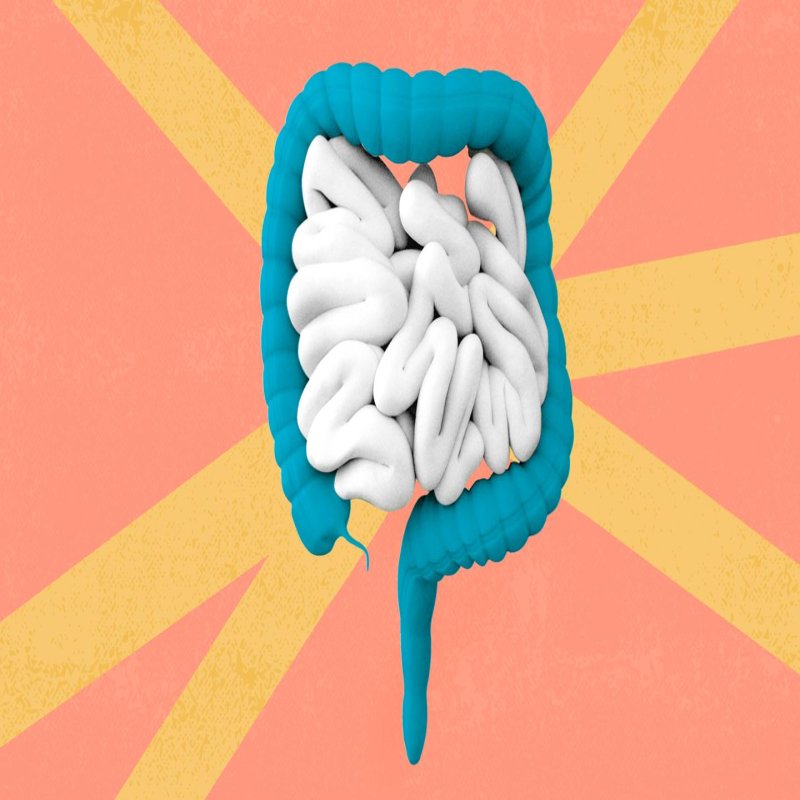
Irritable Bowel Syndrome (IBS) is a common gastrointestinal disorder that affects millions of people worldwide. Characterized by symptoms such as abdominal pain, bloating, gas, diarrhea, and constipation, IBS can significantly impact one’s quality of life. While the exact cause of IBS remains unclear, it is widely recognized that certain triggers can exacerbate symptoms. Understanding and managing these triggers is essential for individuals living with IBS to regain control over their digestive health and improve their overall well-being.
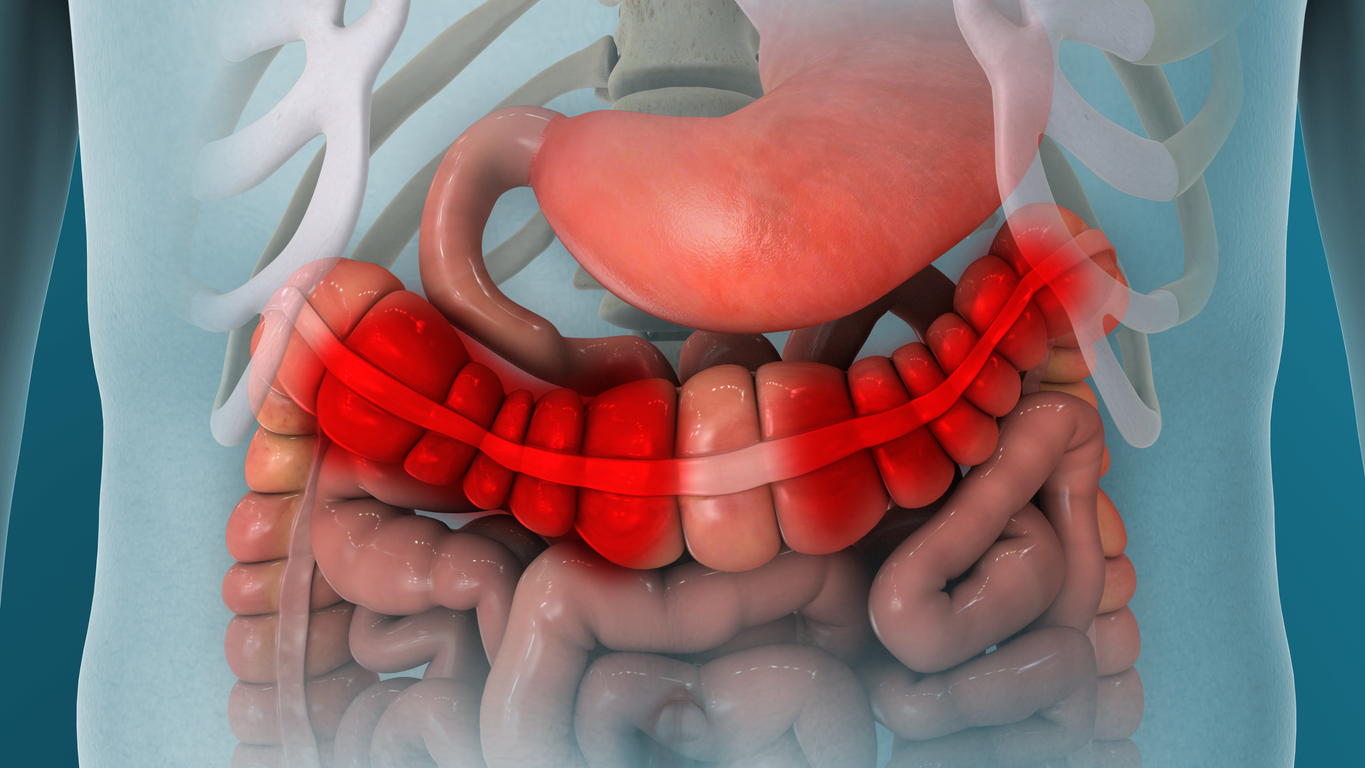
Common IBS Triggers
Dietary Factors
- FODMAPs: Fermentable Oligosaccharides, Disaccharides, Monosaccharides, and Polyols (FODMAPs) are short-chain carbohydrates that can be poorly absorbed in the small intestine. Common FODMAPs include certain fruits (like apples and pears), vegetables (such as onions and garlic), dairy products, wheat, and sweeteners like sorbitol. A low-FODMAP diet has been shown to alleviate symptoms for many individuals with IBS.
- Fatty Foods: High-fat meals can stimulate the gut and lead to symptoms like bloating and diarrhea. Fried foods, fatty cuts of meat, and rich sauces may be particularly problematic.
- Caffeine and Alcohol: Both caffeine and alcohol can irritate the gastrointestinal tract. Caffeine can stimulate bowel movements, leading to diarrhea in some individuals, while alcohol may trigger bloating and discomfort.
- Spicy Foods: Spices can irritate the digestive system for some people with IBS, leading to increased symptoms.
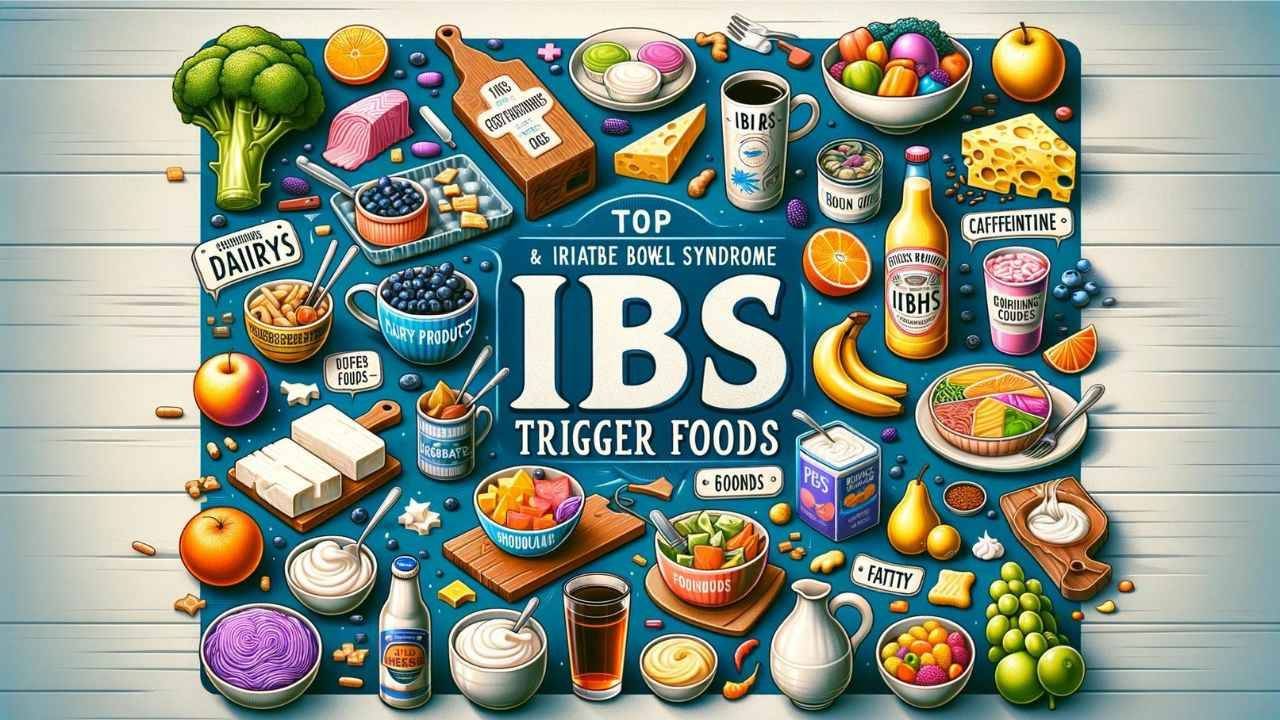
Stress and Anxiety
Emotional stress is a significant trigger for many individuals with IBS. The gut-brain connection means that anxiety and stress can manifest as gastrointestinal distress. Stress management techniques such as mindfulness, meditation, yoga, or cognitive-behavioral therapy can be beneficial in managing symptoms.
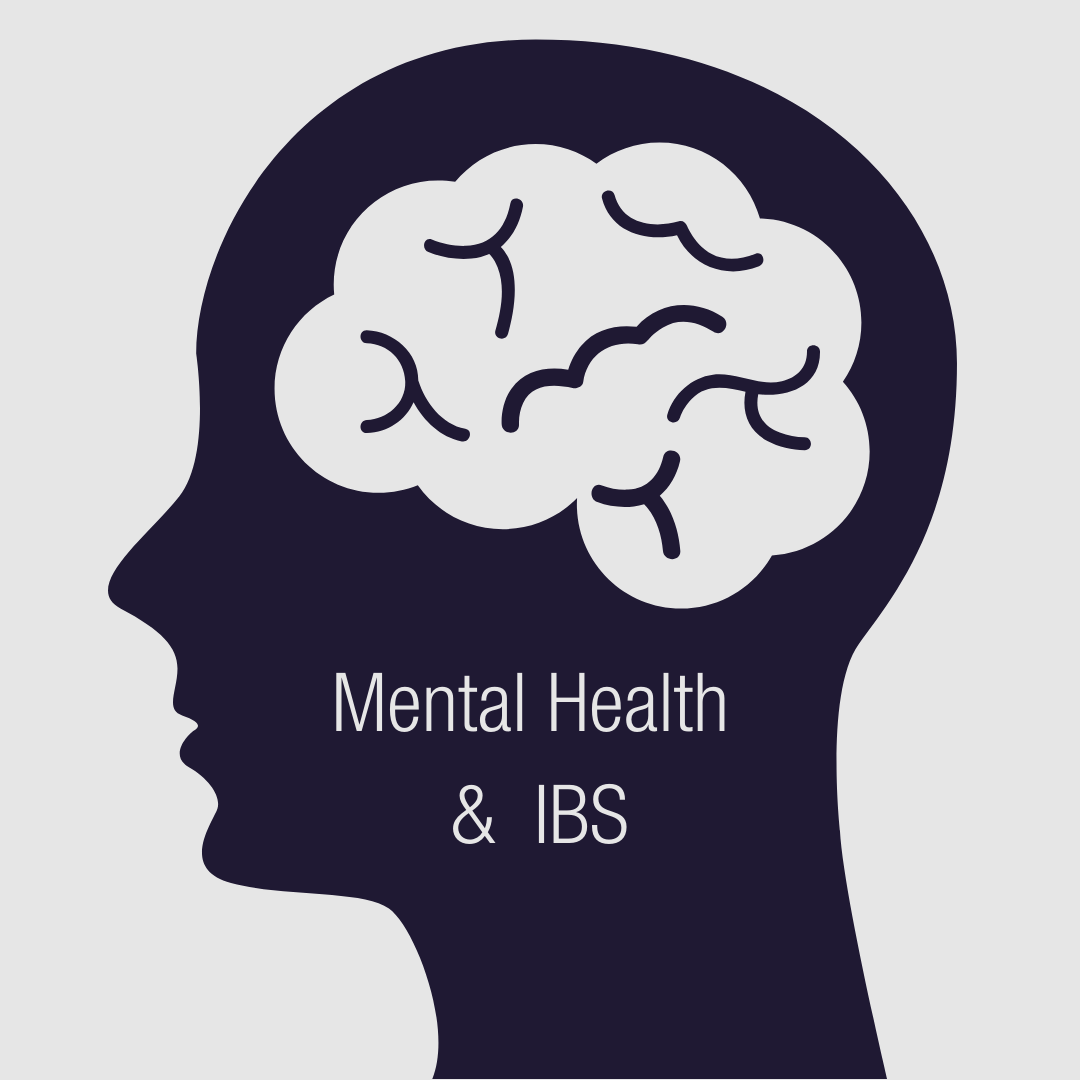
Hormonal Changes
Many women with IBS report a correlation between their menstrual cycle and symptom flare-ups. Hormonal fluctuations during menstruation can affect gut motility and sensitivity, leading to increased discomfort.
Medications
Certain medications can aggravate IBS symptoms. For instance, antibiotics may disrupt the balance of gut bacteria, while some pain medications (like opioids) can lead to constipation. Individuals with IBS need to consult their healthcare provider before starting any new medication.
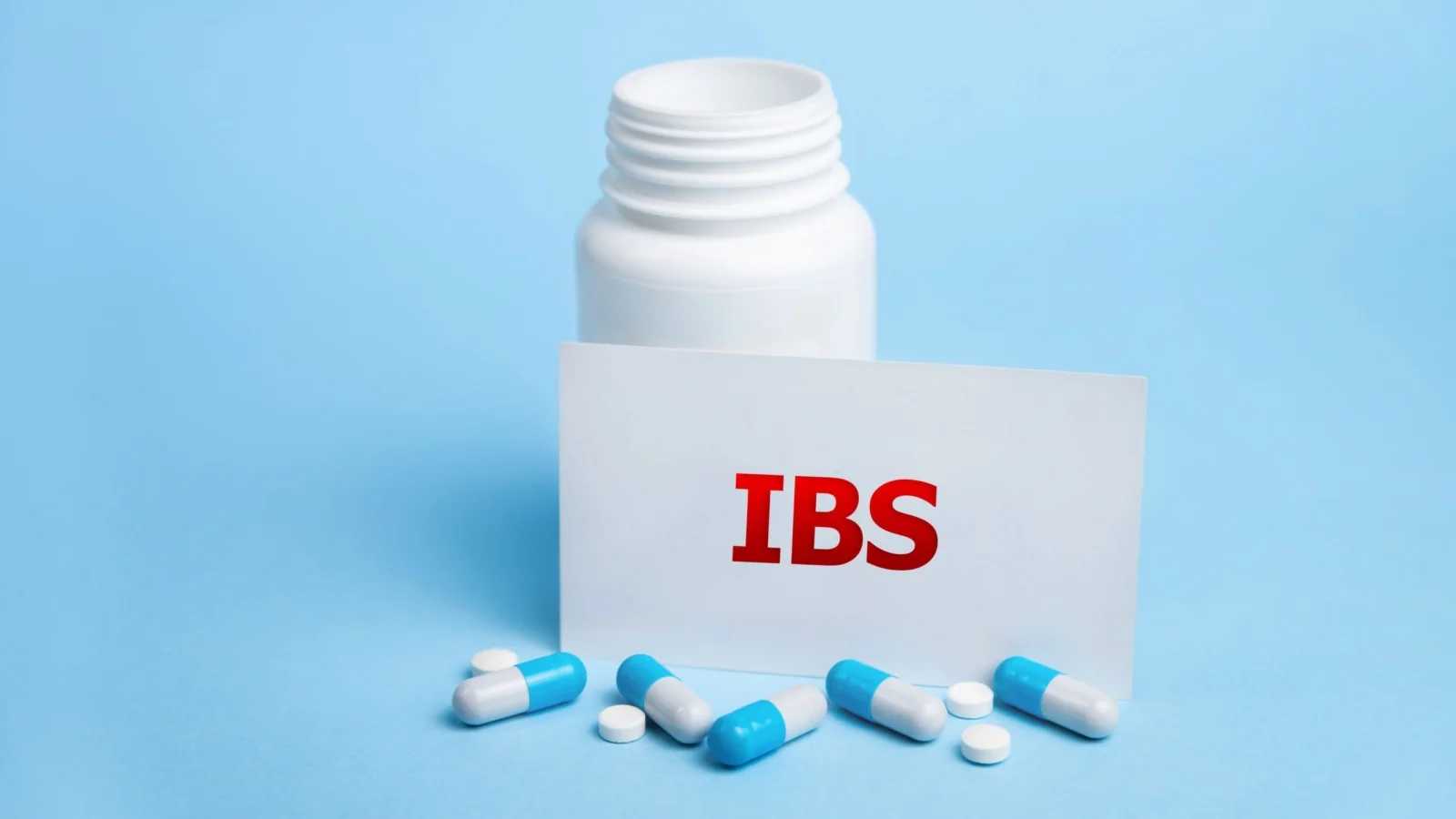
Lifestyle Factors
- Irregular Eating Habits: Skipping meals or eating large meals can disrupt normal digestive processes. Regular, smaller meals may help manage symptoms better.
- Sedentary Lifestyle: Physical activity promotes healthy digestion. A lack of exercise can contribute to constipation and exacerbate other IBS symptoms.
Food Intolerances
Some individuals with IBS may have specific food intolerances (e.g., lactose intolerance or gluten sensitivity) that trigger their symptoms. Keeping a food diary can help identify potential intolerances.
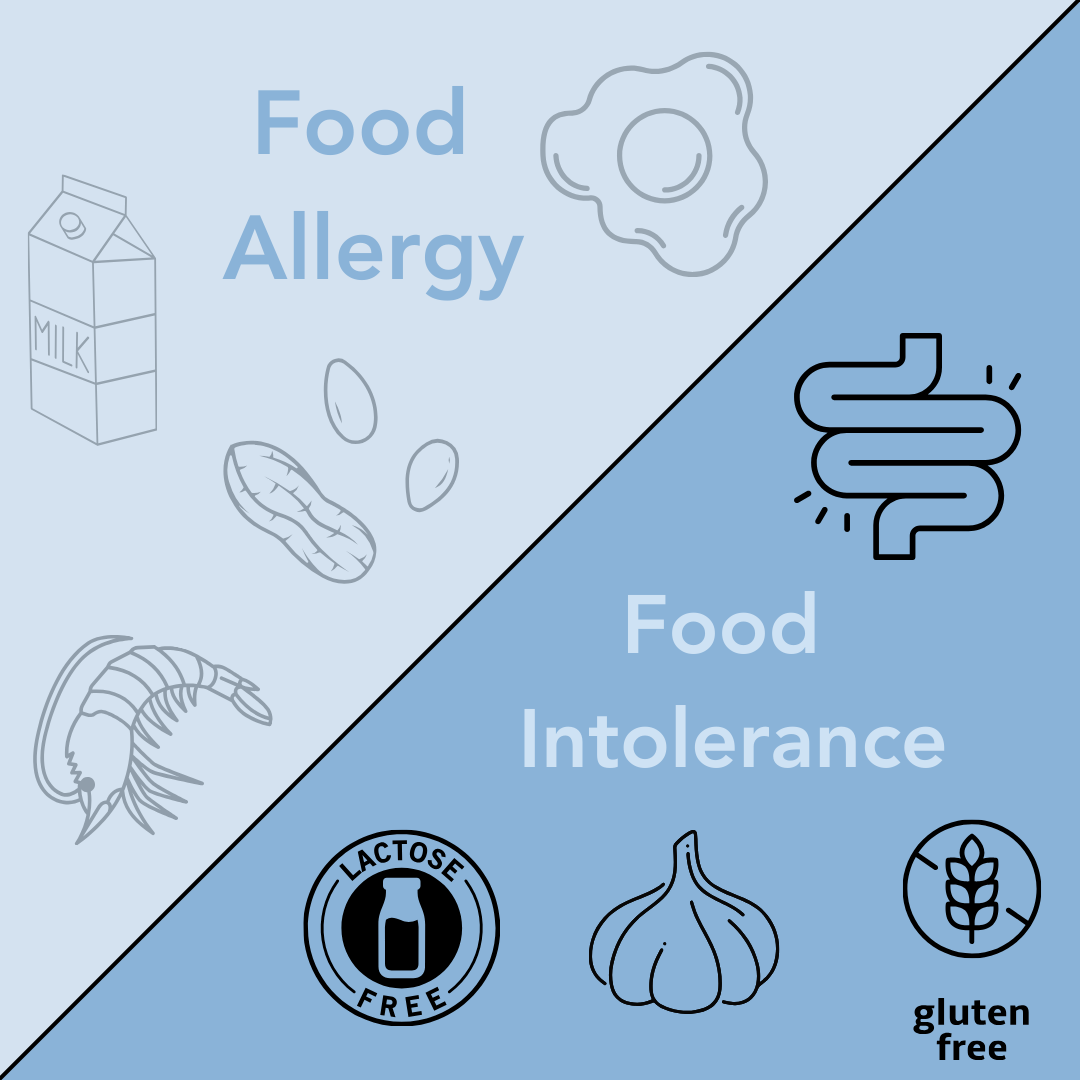
Strategies for Managing IBS Triggers
Keep a Symptom Diary
Documenting food intake, stress levels, and symptom occurrences can help identify patterns and specific triggers. This information can be invaluable when discussing management strategies with healthcare providers.
Follow a Low-FODMAP Diet
For those who suspect FODMAPs are a trigger, working with a registered dietitian to implement a low-FODMAP diet can help identify which specific foods contribute to symptoms.
Practice Stress Management Techniques
Incorporating relaxation techniques such as deep breathing exercises, yoga, or mindfulness meditation into daily routines can help manage stress levels and improve gut health.

Maintain Regular Eating Habits
Eating smaller, more frequent meals at regular intervals can help reduce digestive distress. It’s also beneficial to eat slowly and mindfully to aid digestion.
Stay Active
Regular physical activity can improve gut motility and reduce stress. Aim for at least 30 minutes of moderate exercise most days of the week.
Consult Healthcare Professionals
Working with healthcare providers, including gastroenterologists and dietitians, can provide tailored advice and support for managing IBS symptoms effectively.

Consider Probiotics
Some studies suggest that probiotics may help restore balance to the gut microbiome and alleviate IBS symptoms. However, individual responses vary, so it’s essential to consult a healthcare professional before starting any supplementation.
Conclusion
Living with IBS can be challenging due to the unpredictable nature of symptoms and their impact on daily life. However, by identifying and managing triggers—whether they be dietary, emotional, or lifestyle-related—individuals with IBS can take proactive steps toward better digestive health. Understanding personal triggers through careful observation and working collaboratively with healthcare professionals can empower those affected by IBS to lead fulfilling lives while minimizing discomfort and distress. With the right strategies in place, it is possible to manage IBS effectively and reclaim control over one’s health and well-being.
Have complete control over your fleets. From simple tracking to managing complex routing & driver dispatch—Trakzee does it all! Trakzee is designed to deliver a world-class experience to all fleet managers. Analyze complex telemetry data and budgeting trends, only with Trakze.


.png)


